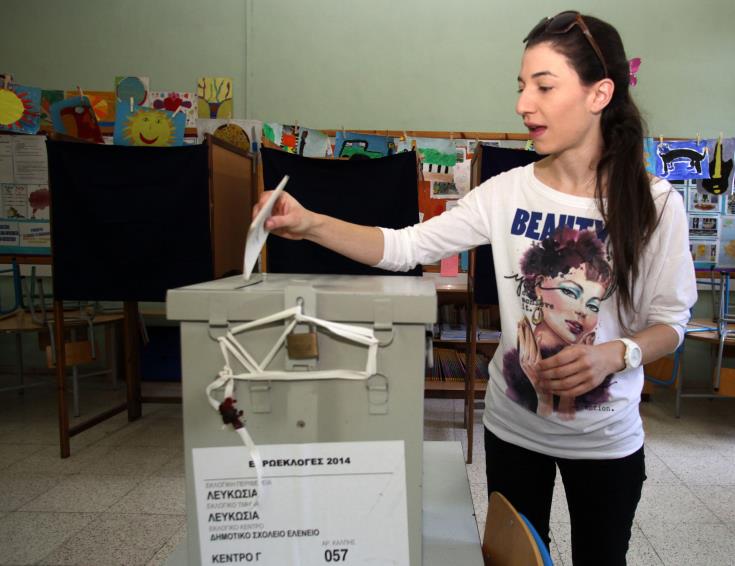In 10 weeks, Cyprus will choose a new parliament, an outcome that will determine voter maturity and their eagerness to engage in matters of society, health, education, the economy, and the country’s political future.
However, there is an underlying concern that the ‘disenfranchised youth’ will ignore election day, their excuse being “nothing will change”.
To an extent, they are right.
Judging from the poor quality of public debate, there is not much of a choice for finding a suitable candidate. And it’s no wonder.
There is a glaring absence of young candidates, with many chosen because of ‘connections’ to political leadership or because they could drum up support for the party, many of which are scraping the barrel, just to make sure they get past the 3% benchmark to enter the House.
Furthermore, the two mainstream political parties, DISY and AKEL, that perceive themselves as progressive or people-friendly have ignored the female vote, with women only accounting for 25% of the ballot, contesting the 56 seats in parliament.
The other parties and alliances are not too far off either.
This dilemma has turned out to be a chicken-or-egg situation, with young people favouring the Greens, but if young people don’t vote, the ecologists will not have much say in the new House.
Then, there is centre-right DIKO, traditionally popular among civil servants, many of whom got their jobs due to party influence decades ago.
However, these same voters who have now retired and don’t feel obliged to the party that helped them in the first place may not even vote; as they say, they have no reason to.
That is probably why, according to political observers, the seemingly young leadership of the Democratic Party has deployed a clever campaign to discredit the current administration, highlighting corruption as the main reason for its failings.
Opposition parties did not have to do much to shine the light on the government’s misdeeds and delays in resolving the ‘golden passports’ debacle, which cost the entire nation its reputation.
And then there are the smaller parties, some of which will disappear into oblivion, while others are using the end-May elections as a platform to pursue strategies and build their future.
These immaturities are not reason enough to avoid election day.
And the young voters, many of whom will continue to pay taxes and social insurance contributions to keep the state pension fund afloat over the next three decades, must go out and vote to have their voice heard.
Some can influence a party mechanism from within; others can upset the balance by voting for an outsider, while protest votes should be seen as the best way to convey the message to politicians they have made a mess of the economy, health, education, and the divided island.
Young people must realise their power lies in them going out to vote, not sitting at home moaning about the lack of change.










